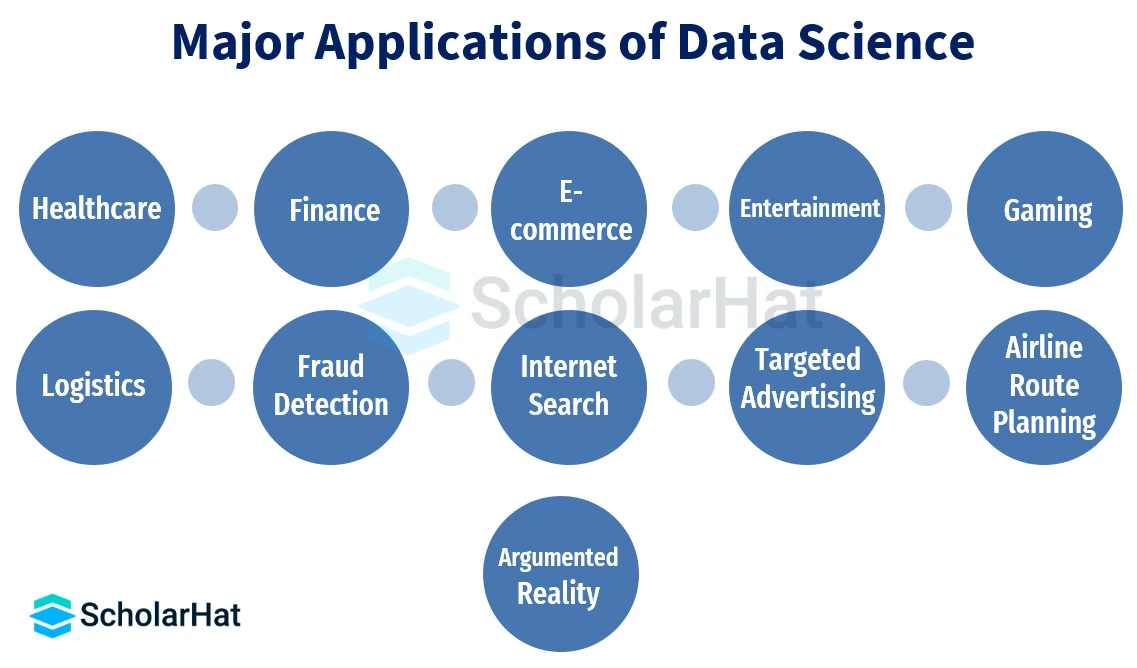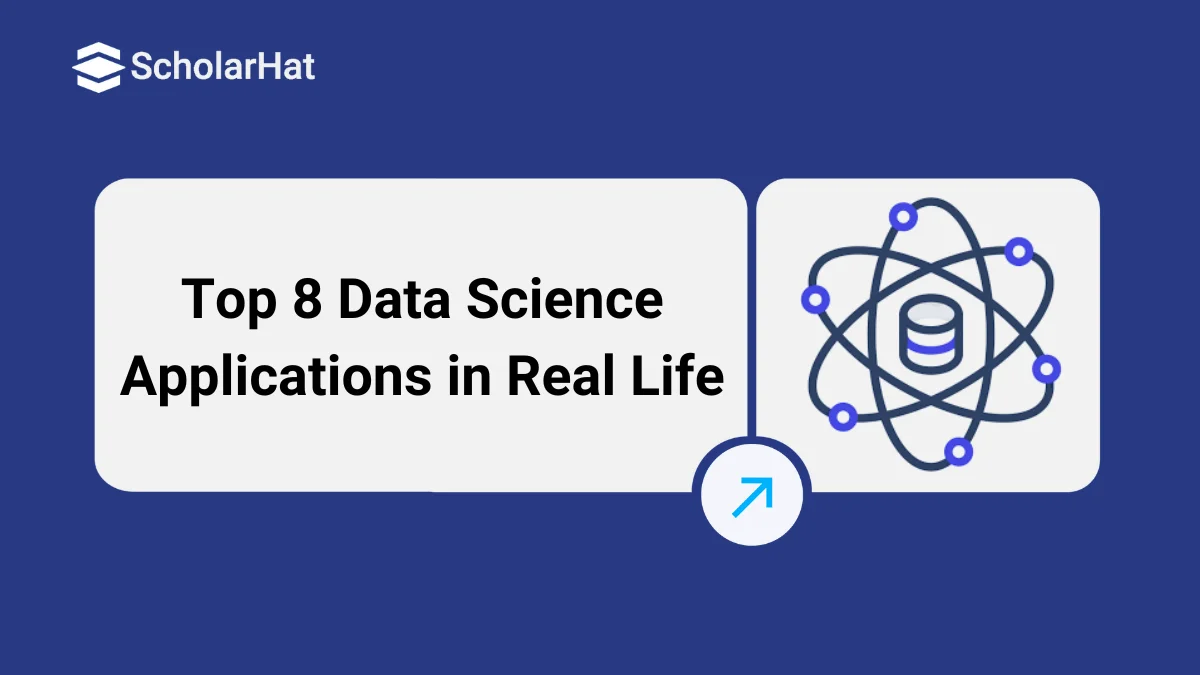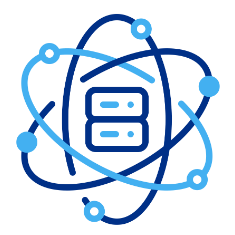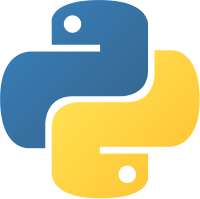06
FebTop 8 Data Science Applications in Real Life
Top 8 Data Science Applications in Real Life: An Overview
Data science is one of the most cutting-edge areas of technology today, particularly for data science for beginners. Data science is used in a variety of sectors, including healthcare, banking, e-commerce, and entertainment, to extract insights from data using algorithms. In this article, we'll introduce applications and some of the most important uses of data science certification in these fields. We'll also discuss the technology and tools used in data science applications, the algorithms employed for data analysis, and the best practices for applications. Furthermore, we'll delve into the ethical and societal implications of data science.
Read More - Data Science Interview Questions
What are Data Science Applications?
- Applications are used by many industries to address complicated issues.
- Healthcare uses data science to provide individualized care.
- Applications are used in finance to spot fraud and forecast trends.
- Apps are used in e-commerce for individualized pricing and recommendations.
Major Applications of Data Science

Applications in data science are vast and cross numerous industries. Some of the most significant uses of data science are listed below:
Healthcare:
Healthcare uses applications of data science to analyze patient data and create individualized treatment strategies. Data science is also utilized to discover risk factors for different medical disorders and forecast the development of diseases.
Finance:
Financial institutions utilize applications of data science to spot fraud and forecast market trends. Additionally, credit risk models & investment strategy optimization are created using data science.
E-commerce:
To customize product recommendations and enhance pricing tactics, e-commerce uses applications of data science. Additionally, data science is utilized to forecast consumer behavior and increase customer loyalty.
Entertainment:
The entertainment sector uses applications of data science to analyze user data and provide tailored content recommendations. Data science is also utilized to increase user engagement and optimize content delivery.
Gaming:
Analyzing player behavior, optimizing games in real-time, and creating customized gaming experiences are all part of data science in gaming. It makes adaptable game environments, balances game difficulty, and increases player engagement through the use of data.
Logistics:
The planning of routes, inventory management, and supply chains are all much improved by data science. Through data-driven decision-making, it helps companies lower costs, speeding up deliveries, and improving overall operational efficiency.
Fraud Detection:
Data science uses machine learning algorithms to identify suspicious trends and abnormalities in online or financial transactions for detecting fraud. It aids companies and financial institutions in preventing fraud and safeguarding their clients.
Internet Search:
By enhancing search speed, relevance, and accuracy, data science fuels search engines. To provide more accurate search results and recommendations, it analyses user queries, website content, as well as user behavior.
Targeted Advertising:
Through the analysis of user information, preferences, and behavior, data science helps advertisers design personalized and targeted advertising campaigns. This maximizes ROI and improves the effectiveness of advertising campaigns.
Airline Route Planning:
Airlines can improve flight paths, schedules, and pricing plans with the help of data science. In order to increase operational effectiveness and customer happiness, it takes into account variables including weather patterns, demand projections, and fuel prices.
Augmented Reality:
Enhancing augmented reality experiences requires data science. actual-time tracking, object identification, and spatial mapping are made possible by it, guaranteeing that virtual aspects in AR applications perfectly blend with the actual environment.
Ethical Data Science and Social Data Science
- Numerous industries stand to benefit from the application of data science.
- However, its use raises ethical and societal questions.
- applications of data science may violate privacy and promote prejudice and discrimination.
- It is essential to apply data science ethically and responsibly.
- Professionals in data science should be aware of the ethical data science and social data science ramifications of their job.
- Any potential damage brought on by applications of data science must be minimized.
- To ensure ethical practices, algorithms must be transparent and understandable.
- Data scientists need to be aware of biases in their algorithms and data.
Tools and Technologies for Data Science Applications
- Computer Languages: The most popular programming languages for applications of data science are Python and R. R is used for its statistical capabilities, while Python is preferred for its usability and simplicity.
- Tools for Data Visualisation: Effective data visualization and insight communication rely on tools like Tableau, Power BI, & QlikView.
- Libraries for Machine Learning: Machine learning models are created using libraries like Scikit-learn, TensorFlow, and Keras.
Data Science Algorithms
- Analysis of Regression: Modelling the link between a dependent variable and one or more independent variables is done using regression analysis.
- Clustering: Based on their shared traits, clustering is used to put comparable data points together.
- Decision Trees: Modeling decisions and their effects are done using decision trees.
Data Science vs. Machine Learning
- The terms "machine learning" and "data science" are not the same but are related.
- The goal of data science, a multidisciplinary field, is to draw conclusions and information from data.
- Analytical tools used in it include statistics and machine learning algorithms.
- Algorithms used in Machine Learning, a branch of data science, may learn from the information and predict future outcomes. Algorithms used in Machine Learning, a branch of data science, may learn from the information and predict future outcomes using data science.
- Machine learning is particularly interested in predictive algorithms, but Data Science has a wider range of applications.
- When using data to make decisions and solve problems, both fields are essential.
Best Practices for Data Science Applications
- Describe the issue: Before beginning any Data Science project, it is imperative to properly describe the challenge.
- Use the right data: For applications of data science, it is essential to use the right data. The information used must be current, accurate, and comprehensive.
- Validate outputs: To guarantee the correctness and dependability of the outputs of applications of data science, validation is essential.
Frequently Asked Questions (FAQs)
1. What are the applications of data science?
Data science is used in a wide range of industries, including marketing for consumer segmentation, finance for risk analysis, & healthcare for disease prediction.
2. What is an example of a data science application?
Using machine learning to examine user behaviour and make movie recommendations on streaming services like Netflix is a good example of a data science application.
3. Where is data science mostly used?
Data science is mainly used in sectors where data-driven insights can improve decision-making, including banking, healthcare, e-commerce, and technology.
4. Which language is best for data science?
Due to its extensive ecosystem of libraries, including NumPy, Pandas, and sci-kit-learn, which makes data analysis & machine learning tasks easier, Python is frequently regarded as the greatest language for data science.
5. Is DBMS required for data science?
A Database Management System (DBMS), though not always necessary, can be helpful in data science for effective data storage, retrieval, & management, especially when working with huge datasets.






